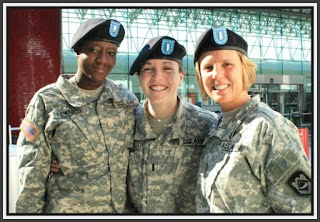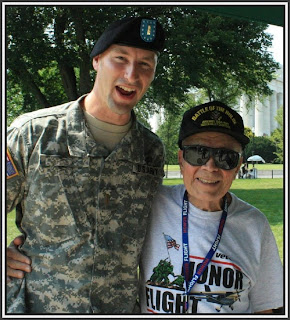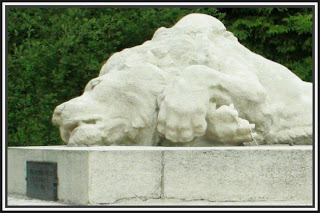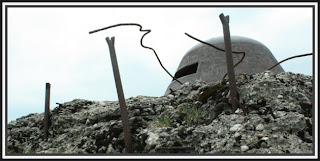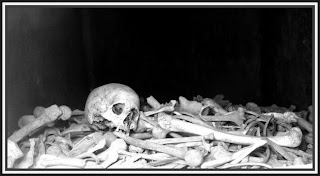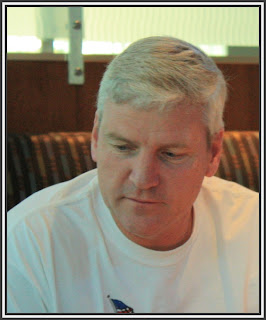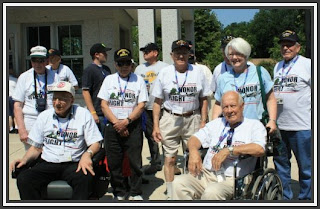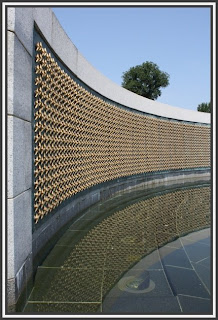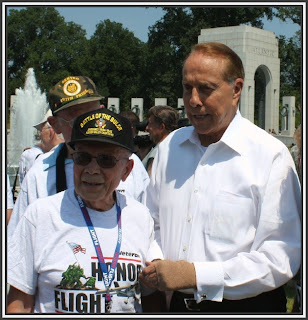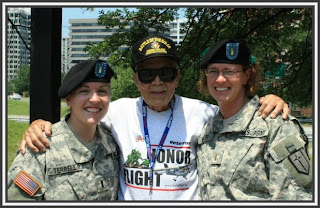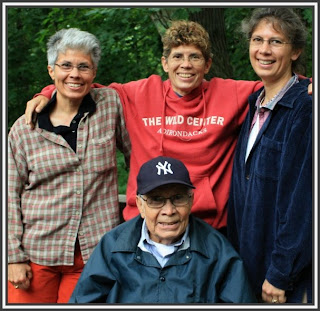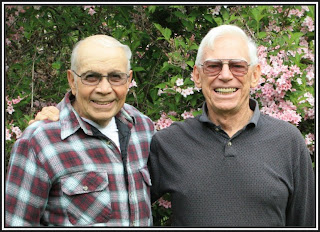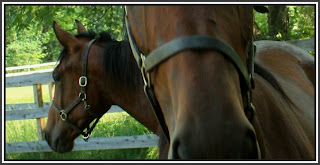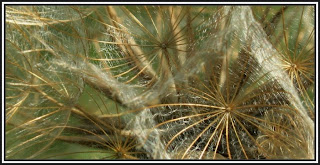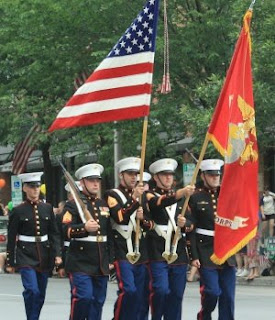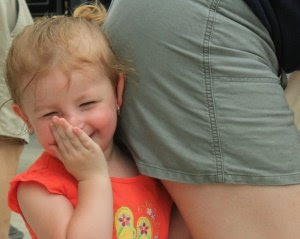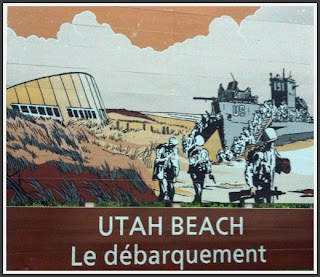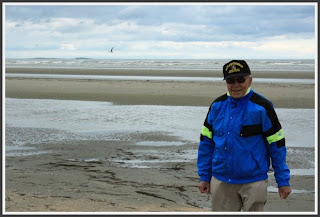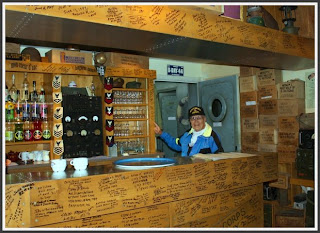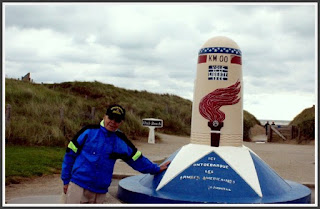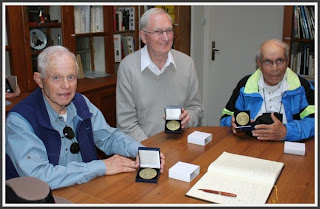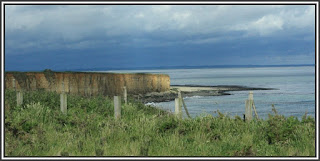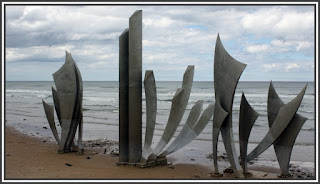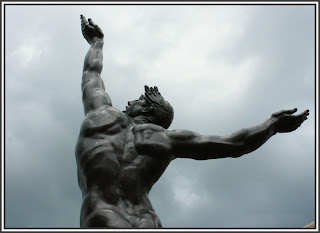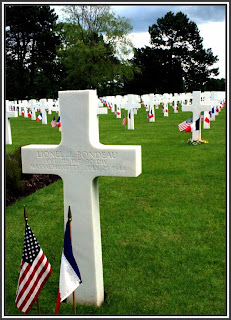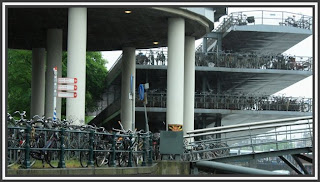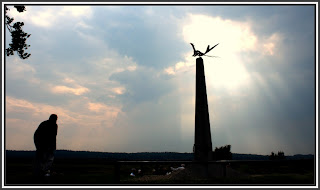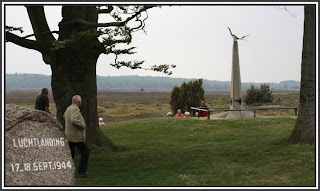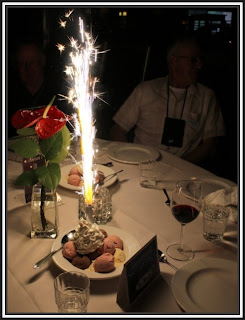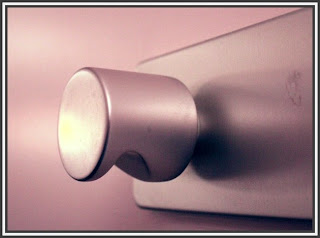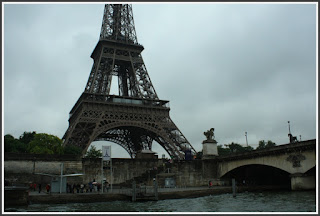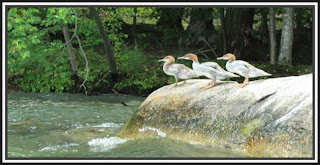 I’ve been off the computer and internet for a week. No one of any significance emailed me. I didn’t suffer from any withdrawals and no one seemed to miss me.
I’ve been off the computer and internet for a week. No one of any significance emailed me. I didn’t suffer from any withdrawals and no one seemed to miss me.Hit Lake George on my first day off from pulling gates to keep “guests” off the bridal path where the horse parade to enter the track at the Saratoga Race Course. It was good to paddle from Bolton Landing to the Narrows across the deep blue waters. For the first time in a week rain wasn’t in the forecast. I docked my kayak at Glen Island and enjoyed a quiet picnic under the flag pole. Few boats cruised the lake under fluffy clouds and a light wind. Later, I struck up a conversation with the store clerk posted on the island. She reported a significant reduction in business.
The economic downturn has impacted the track too. Attendance is 25% off from last year's numbers. Granted the weather has not cooperated. Opening day and the weekend resembled a typical Microneisan afternoon downpour, except the rain last all day.
I enjoyed the rain. As a security guard less people means less problems. Good thing too. I’m contending more with my two yahoo co-workers from New York City who have a propensity to walk off the post at the most inopportune times. Quick to yell “union”, and thinkin' they are being “played” both are primed to vote for Obama, but I seriously doubt either are registered. It is this fact that may save the country yet.
My assignment is to relieve six people for their breaks. We get an hour. By the time I get everyone in, the temptations of fried Saratoga Chips and the sweet smell of cotton candy leaves me hungry and ready to put my feet up in a very quiet break room. I bring my lunch and avoid spending an hour’s wage on food.
You can tell a lot about an employer by the condition of the break rooms and employee bathrooms. I try to keep my forearms off the table and not lean on the day old newspaper strewn about the wobbly wooden table engraved with the initials of former employees and their lovers. I’ve gotten stuck and have had to peel the paper off the table a couple of times. The smell of popcorn burnt in the microwave and leftover tacos and salsa lingers in the air. Thank God, someone had the foresight not to place a garbage can in the tiny room that houses a set of mismatched chairs, an empty Coke machine and a refrigerator that I’ll never look in.
.jpg)
.jpg)


